A look back at 2021.
Another year has come and gone as we wrap up and prepare to jump into the new year with an onslaught of CES 2022 announcements. But before the year ends, we've decided to take a look back at some of the biggest moments that shaped 2021 for our readers. It's not an exhaustive list, considering Android Central posted over 3,000 news posts throughout 2021, covering various categories from Android, Amazon, PlayStation, Oculus, and more. However, these are some of the most notable topics we've covered throughout the year.
Galaxy Watch 4 and Wear OS 3
Google announcing Wear OS 3 was a big deal because it meant it was finally going to do something about its wearable platform, which for a while seemed all but abandoned. The company promised faster performance, better efficiency, new app experiences, and even integrations with Fitbit. However, the biggest news of all was the partnership with Samsung to launch the first Wear OS 3 smartwatch.
And after years of Samsung more or less trying to do its own thing with Tizen, 2021 saw a growth in its relationship with Google, which no doubt played a part in Samsung's success.
The Galaxy Watch 4 runs a version of Wear OS 3 with One UI Watch on top, which brings a similar look and feel to Samsung's best Android phones. Many of our staff members gush over how fast and responsive the watch is, which is a far cry from the Wear OS of yore. And while it may not be for everyone, the Galaxy Watch 4 has already managed to propel Wear OS to new heights, with market share hitting an impressive 17%, following closely behind Apple's Watch OS.
While Wear OS 3 isn't expected to hit other smartwatches until some time in 2022, Wear OS 3 is already starting to look like a real contender in the smartwatch market.
Samsung and its smart things
Beyond the Galaxy Watch 4 and its newly blossoming relationship with Google, this was a big year for Samsung. The Galaxy S21 series was nothing short of a hit, thanks to the addition of the optional S Pen for the S21 Ultra. that extended later in the year to Samsung's Galaxy Z Fold 3, which is one of Samsung's best foldable phones to date. Along with the Galaxy Z Flip 3, the foldables offer much better durability with a tougher build, better hinge design, and water resistance. To top it off, Samsung launched these phones with cheaper price tags than their predecessors, making them a tad more affordable as foldables become more mainstream.
Samsung was also the first to introduce stable Android 12 to its smartphones aside from Google's Pixel phones. This followed a year of fast monthly security updates, often arriving on Galaxy phones before Pixels. Not only that, but Samsung led by example when it announced that it would extend software support to up to four years of security updates and three years of major OS upgrades.
And you can't forget its excellent earbuds, which, despite being a literal ear sore for some, are among the best wireless earbuds money can buy.
VR finally made it to the big time with the Quest 2
By any measure, VR has been extremely slow on the uptake. Between cost and difficulty of use, most VR headsets just weren't built for the average consumer. But the Oculus Quest 2 brought about a much-needed change in both areas, launching at $299 at the end of 2020 and requiring nothing but the headset and included controllers to function.
In fact, the Quest 2 has been so successful that it has gone to outsell Microsoft's newest Xboxes and hit the mythical number of 10 million units sold in just a single year. That was a goal set by Zuckerberg some time ago, but never seemed realistic up until now. It's not too far off from the PS5, which, to date, has sold over 13 million units, making it the fastest-selling PlayStation console ever.
Initial numbers from the Christmas holiday point to Meta selling a metric ton of Quest 2's, and some analysts are even saying that it might outsell the Nintendo 64 by the time all is said and done. That's no doubt thanks to the awesome games available for the Quest, or any of the recent updates made to improve the overall experience. It's been a long time coming, but VR is finally here to stay, and it's got its own console, too.
Pixel 6 and Android 12
When Google unveiled the Android 12 update, it was seen as a big step forward for the platform. It gave us a new focus on widgets following their introduction on iOS, and the Material You design language put a new focus on customization. Plus, there are plenty of privacy and security enhancements that give consumers more control over the data they share. For a company often criticized for collecting too much data from consumers, that's a pretty big deal.
The introduction of the Pixel 6 series brought that all to a head. Like its software counterpart, the Pixel 6 represented a significant departure from its predecessors, with a brand new design that provided a premium sheen previous models lacked. Specs were also improved, with high-resolution, high-refresh-rate displays, improved dual and triple camera sensors, faster charging, and much more. Not to mention Google's first in-house SoC, Tensor, powers everything, bringing faster on-device AI processing for new features like Magic Eraser.
Honorable mentions
- U.S. carriers are finally working together to make RCS a thing by making Google Messages the default.
- Android apps are coming to Windows 11 through the Amazon Appstore.
That said, it hasn't been all sunshine and roses with the Pixel 6. Not long after the device reached consumers' hands, reports of bugs started flooding the forums. While it's not uncommon for a new smartphone to experience a hiccup or two, the Pixel 6 series seemed to be plagued with bugs that did not affect earlier Pixel models that were updated to Android 12. This prompted Google to issue a ton of bug fixes with the December update, which, unfortunately, brought with it some new bugs. Most notably, many users that have received the update have been facing severe signal problems.
The Pixel 6 isn't the only phone having trouble with Android 12. OnePlus pushed out its Android 12 build for the OnePlus 9 series only to suspend it due to an onslaught of bugs. While it has since resumed the update with plenty of fixes, some of the bugs still remain. Samsung has also had its fair share of troubles with the OS update on its smartphones, which makes one think that perhaps Android 12 may not have been ready for prime time.
The loss of LG
The writing was on the wall for some time, but it was still a shock to see a major player bow out after years of producing some of the most interesting Android phones. LG may not have been able to compete with Samsung in terms of market appeal, but the company often undercut some of the best Samsung phones with comparable specs, features, and its own unique flair. Not only that, but LG wasn't afraid to be weird and experiment with new form factors or design quirks. Sure, that led to some failed experiments like the LG G5's modular build or the LG G8 's Z Camera. However, LG also started or popularized modern trends like QHD displays, wider aspect ratios, and multiple camera lenses.
It's fitting that LG's last phone, the LG Wing, was a bit of an experiment itself, given LG's reluctance to develop a true foldable or dual-screen phone. And, unfortunately, we'll never get our hands on the LG Rollable, a phone that would have spearheaded the new rollable form factor.
Big Tech can't get it together
It's more or less the same song every year, but Big Tech is a hot mess. Despite the hundreds of billions of dollars spent, companies like Amazon, Meta, and Google can't afford to stay out of trouble. In fact, Meta pretty much set the tone for the year when it announced that it was making a controversial change to the WhatsApp privacy policy. That led to a mass exodus of users that flocked to competing messaging apps like Signal and Telegram.
There have been more lawsuits than we can count alleging anticompetitive behavior, particularly with Google's Play Store and Apple's App Store. Not only that, but the onslaught of Meta and Amazon outages proved just how much we depend on the cloud and highlights how regulators and Big Tech to do better to ensure that one outage doesn't break so much of the internet.
Of course, we can't forget about T-Mobile's massive data breach, which exposed millions of customers.
Chip shortage
It's no secret that there's a semiconductor shortage. It's the root of the supply chain problems that have affected many different industries, from automotive to gaming and, of course, mobile. The shortage has kept gaming consoles out of reach for many but has also caused some cancellations and delays from smartphone OEMs.
For instance, Samsung decided to forego launching a new Galaxy Note this year and instead focus its efforts on its foldable phones. Given the rumors that Samsung would fold the Note into the Galaxy S series, this makes sense, mainly because it allows Samsung to kill two birds with one stone.
However, the much-anticipated Galaxy S21 FE was also delayed, as it was initially expected to launch in the second half of 2021. It now looks like it'll be available in Q1 2022, just before Samsung's next flagships.
This year, the Pixel 5a also saw a limited launch as Google focused its sales on only two markets.
While Motorola released plenty of smartphones this year, a new Motorola Razr was not among them as the company reportedly wants to focus on revamping its design. And while the chip shortage was not mentioned, Motorola likely took this into account in its decision.
Dishonorable Mentions
- Motorola didn't really have much going for it this year and largely failed to impress with its 2021 offerings, despite LG practically handing it the baton.
- The Matter smart home initiative got delayed, meaning we likely won't see Matter-certified products until the second half of 2022.
- The PS5 remains immensely popular but still hard to come by. Fortunately, you can follow our PS5 restock, where we keep an eye out on which retailers will carry the PS5 each week.
from Android Central - Android Forums, News, Reviews, Help and Android Wallpapers https://ift.tt/3mILBtb
via IFTTT


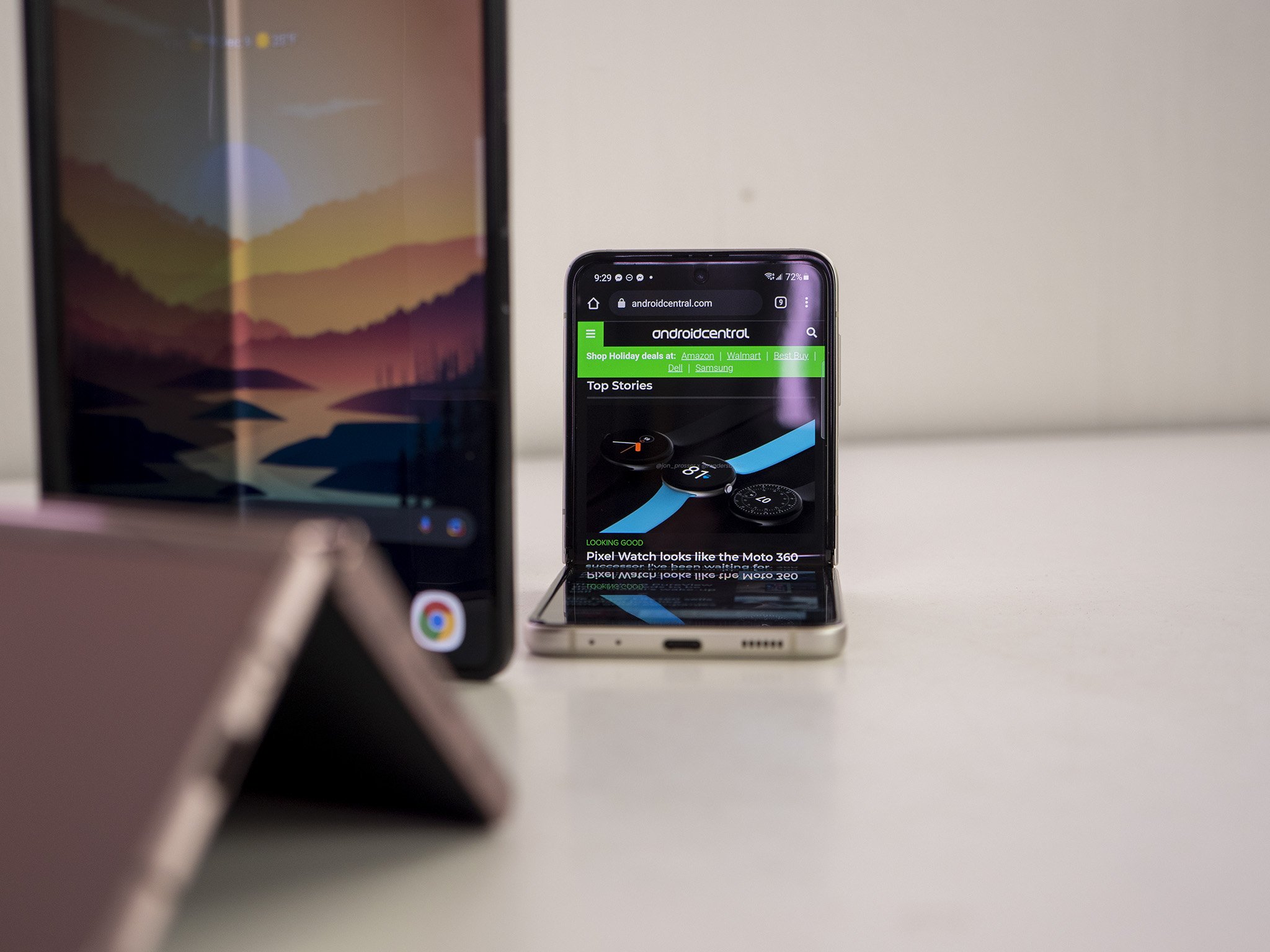
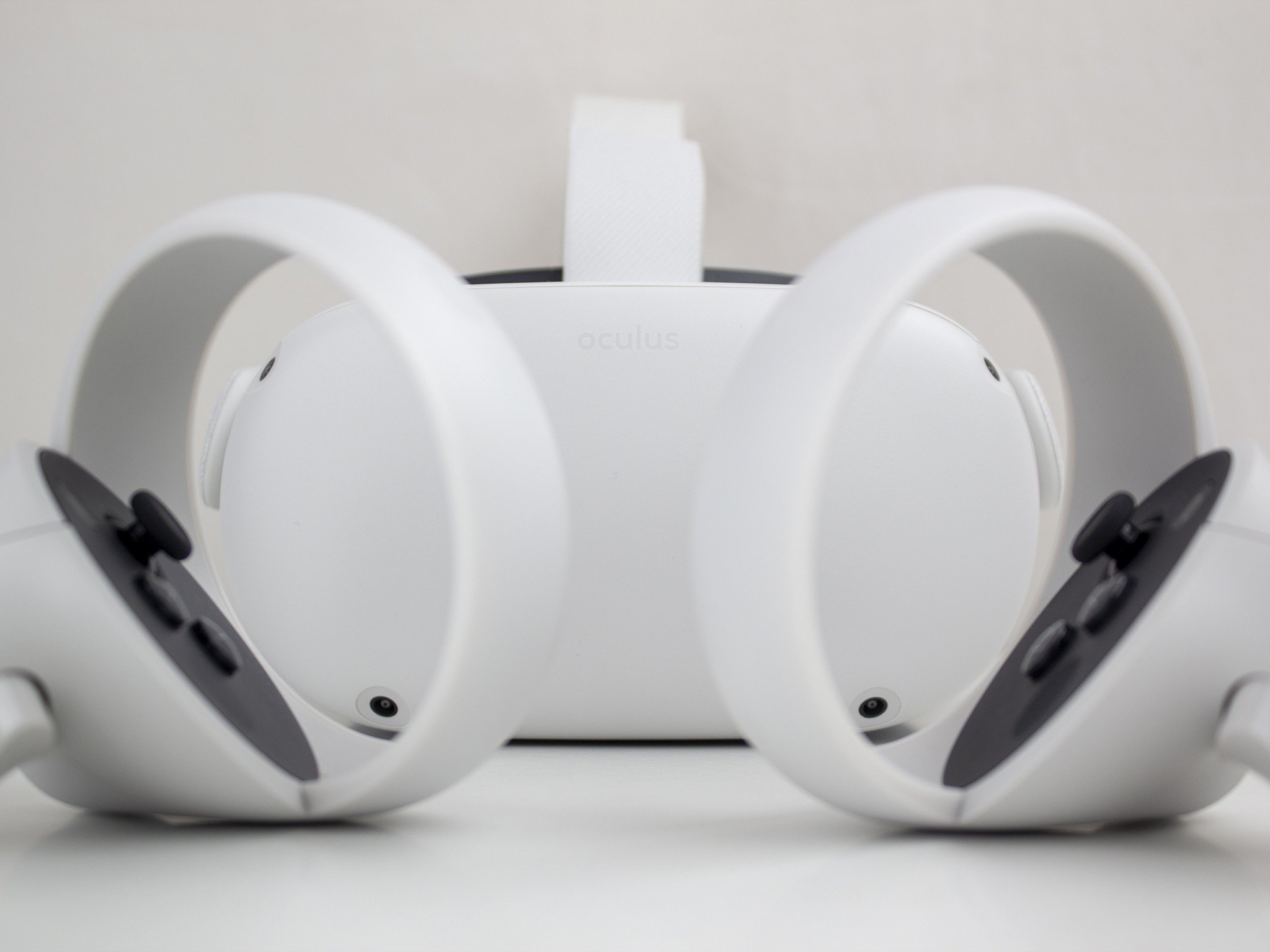
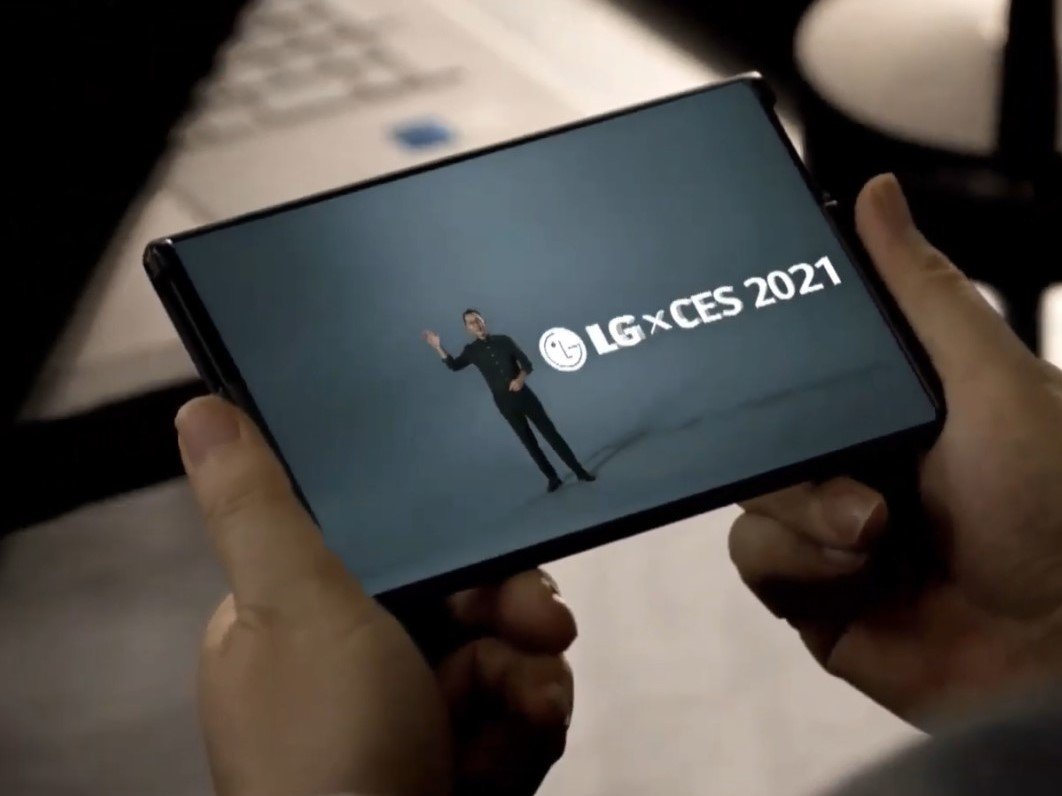
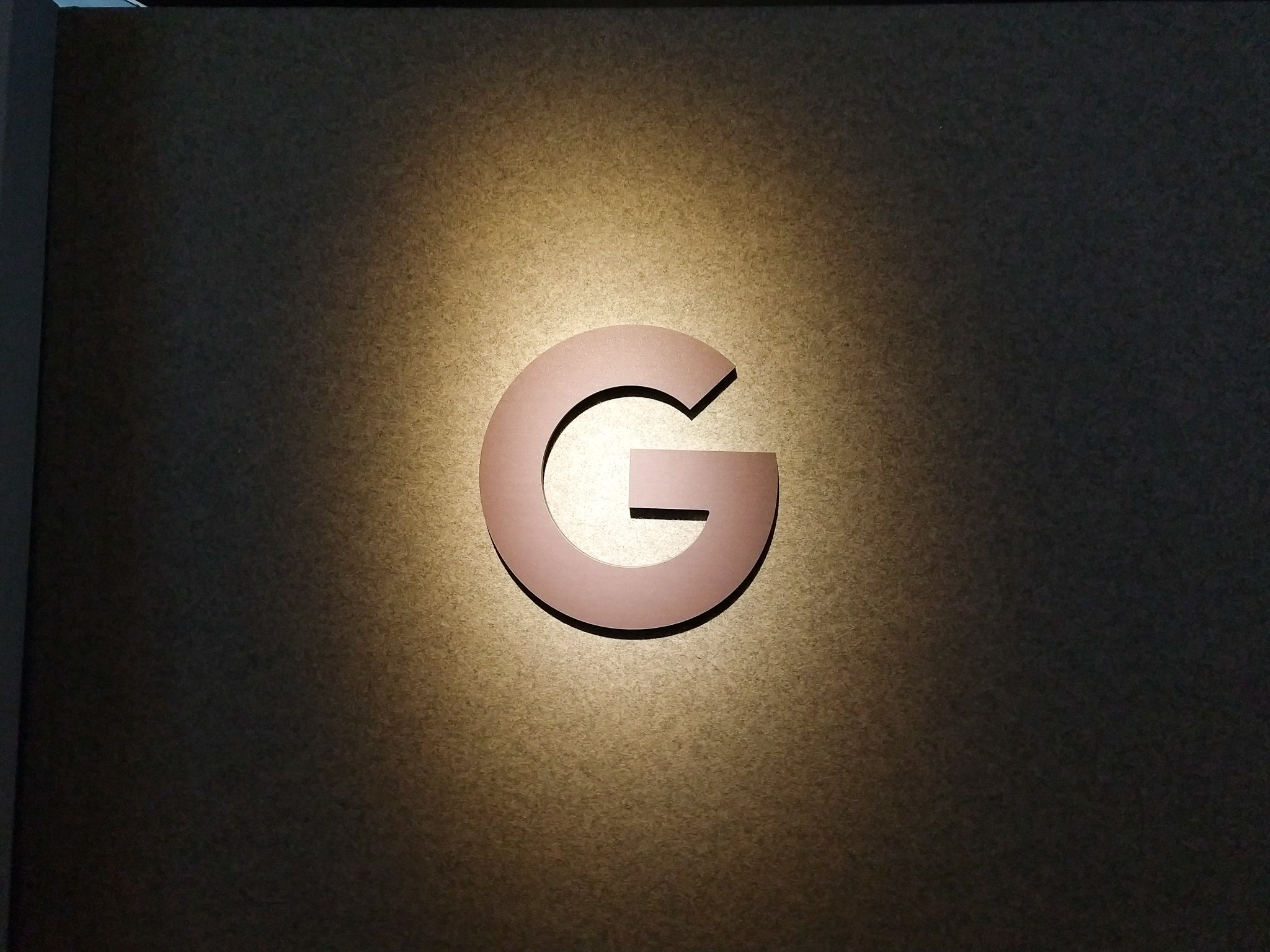
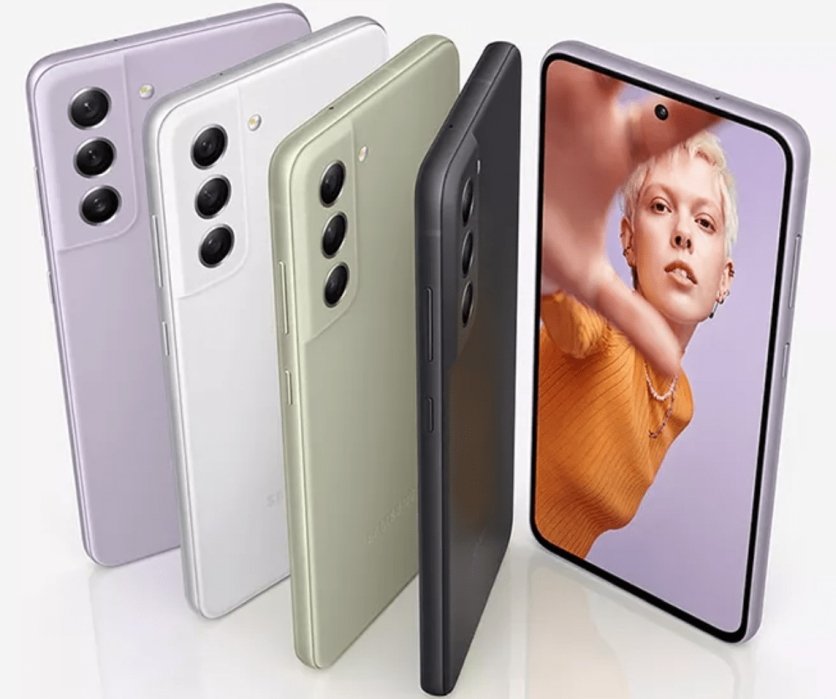
Aucun commentaire:
Enregistrer un commentaire